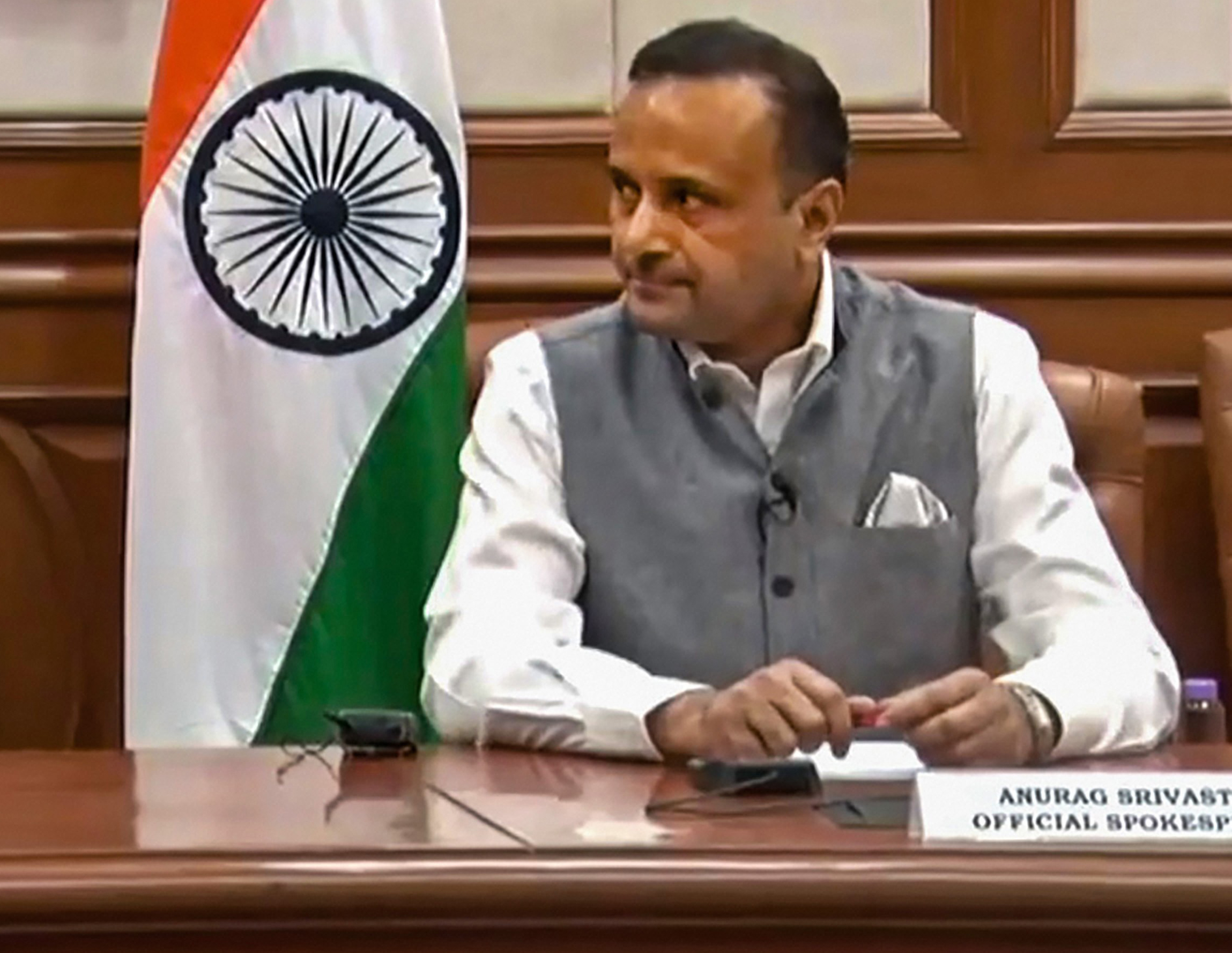The Indian Army on Thursday trashed media reports claiming that a number of its soldiers went missing after the violent clashes with Chinese troops at Galwan Valley in eastern Ladakh three days back.
"It is clarified that there are no Indian troops missing in action," the Army said in a statement.
There have been reports that several Indian Army soldiers were held captive by the Chinese Army following the Galwan Valley clashes in which 20 Indian Army personnel including a Colonel were killed. China has not yet released any casualty figures.
At a media briefing, External Affairs Ministry Spokesperson Anurag Srivastava also said that no Indian soldiers were missing since the clashes on Monday three days back.
Indian and Chinese militaries held a Major General-level dialogue on Thursday for the third consecutive day on disengagement of troops as well as to restore normalcy in areas around the Galwan Valley.
The clash in Galwan Valley is the biggest confrontation between the two militaries after their 1967 clashes in Nathu La when India lost around 80 soldiers while the death toll on the Chinese side was over 300.
The two armies were engaged in a standoff in Galwan and several other areas of eastern Ladakh since May 5 when the two sides clashed on the banks of the Pangong Tso.
After the standoff began, the Indian military leadership decided that Indian troops will adopt a firm approach in dealing with the aggressive posturing by the Chinese troops in all disputed areas of Pangong Tso, Galwan Valley, Demchok and Daulat Beg Oldie.
The Chinese Army has been gradually ramping up its strategic reserves in its rear bases near the LAC by rushing in artillery guns, infantry combat vehicles and heavy military equipment.
The trigger for the face-off was China's stiff opposition to India laying a key road in the Finger area around the Pangong Tso Lake besides construction of another road connecting the Darbuk-Shayok-Daulat Beg Oldie road in Galwan Valley.











